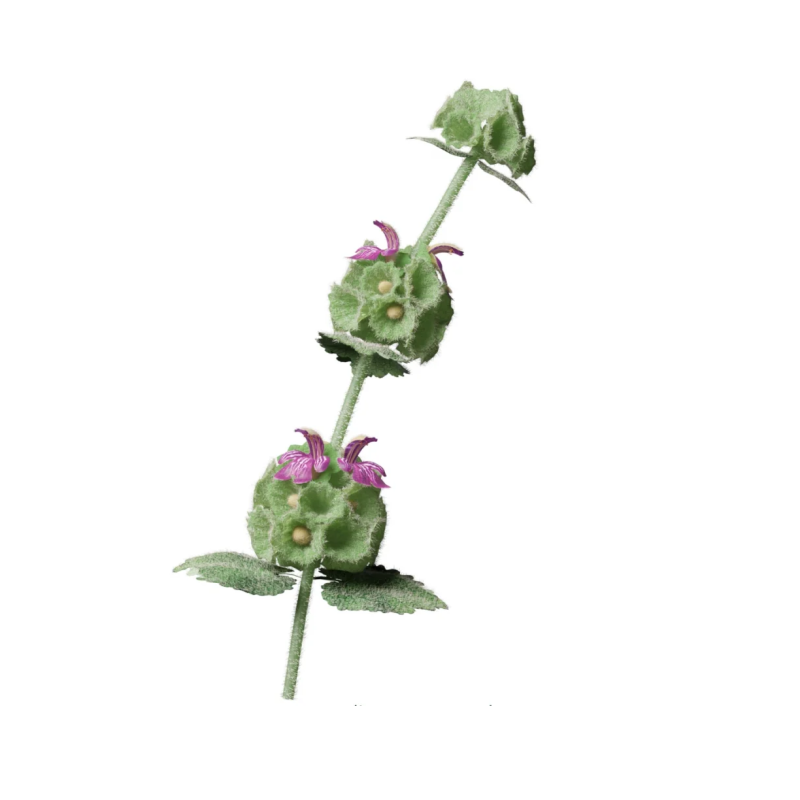Description
Other Details
Reviews
Other customers also viewed
Mushroom Lion's Mane - Hericium Erinaceus (powder)
5,20€
8,50€
Orig. Retail Price: 8,50€ -38.82%
Low. Price last 30 days: 5,20€ 0%
Mushroom Cordyceps (powder)
5,50€
8,50€
Orig. Retail Price: 8,50€ -35.29%
Low. Price last 30 days: 5,50€ 0%
Sandalwood Red (powder)
2,50€
3,00€
Orig. Retail Price: 3,00€ -16.67%
Low. Price last 30 days: 2,50€ 0%
Dandelion (Taraxacum) in Infusion Bags
4,00€
Orig. Retail Price: 4,00€ 0%
Low. Price last 30 days: 3,04€ +31.58%
Activated Charcoal Food Grade (powder)
5,85€
6,50€
Orig. Retail Price: 6,50€ -10%
Low. Price last 30 days: 5,85€ 0%
Burdock - Arctium Lappa (root)
1,90€
2,00€
Orig. Retail Price: 2,00€ -5%
Low. Price last 30 days: 1,90€ 0%





